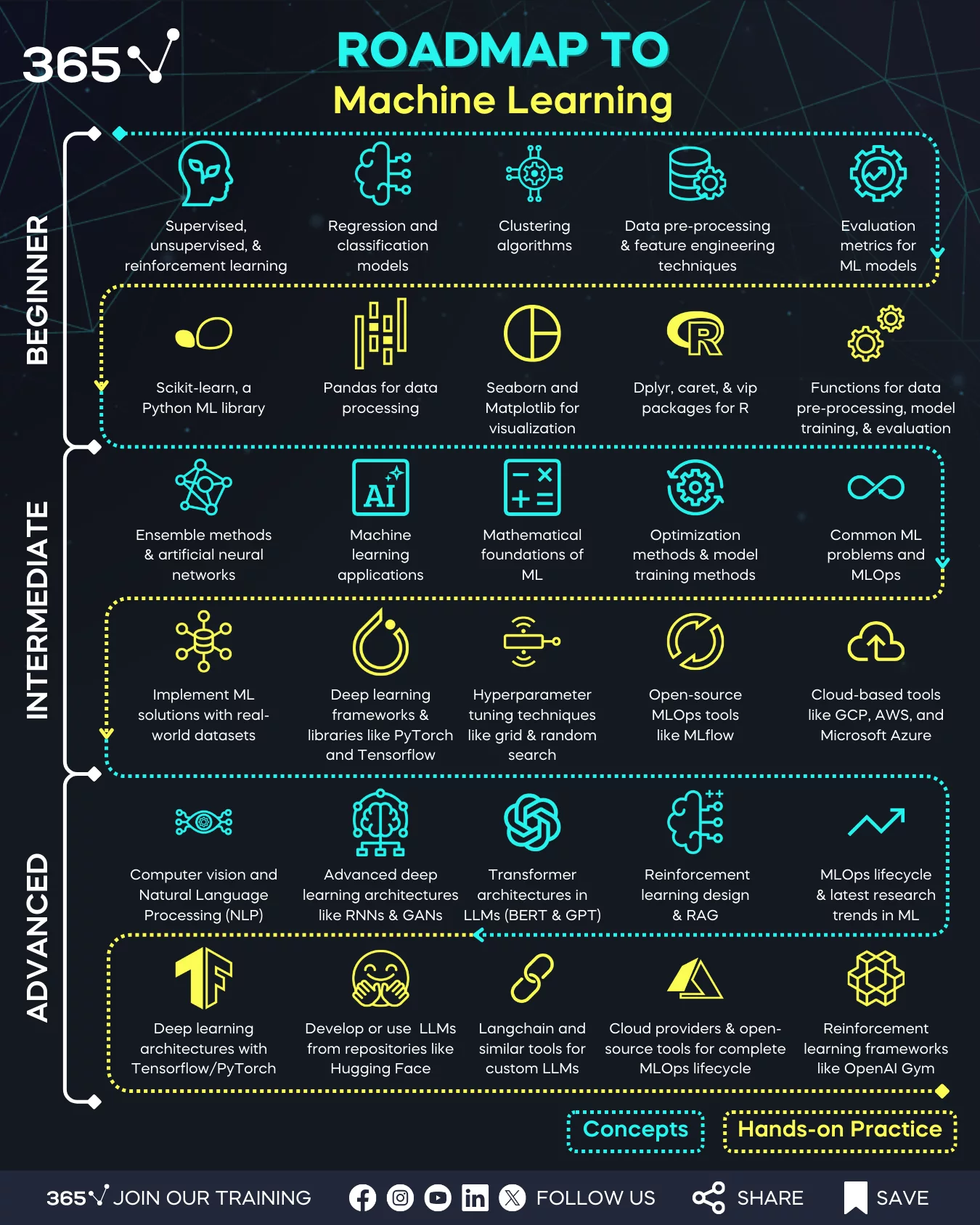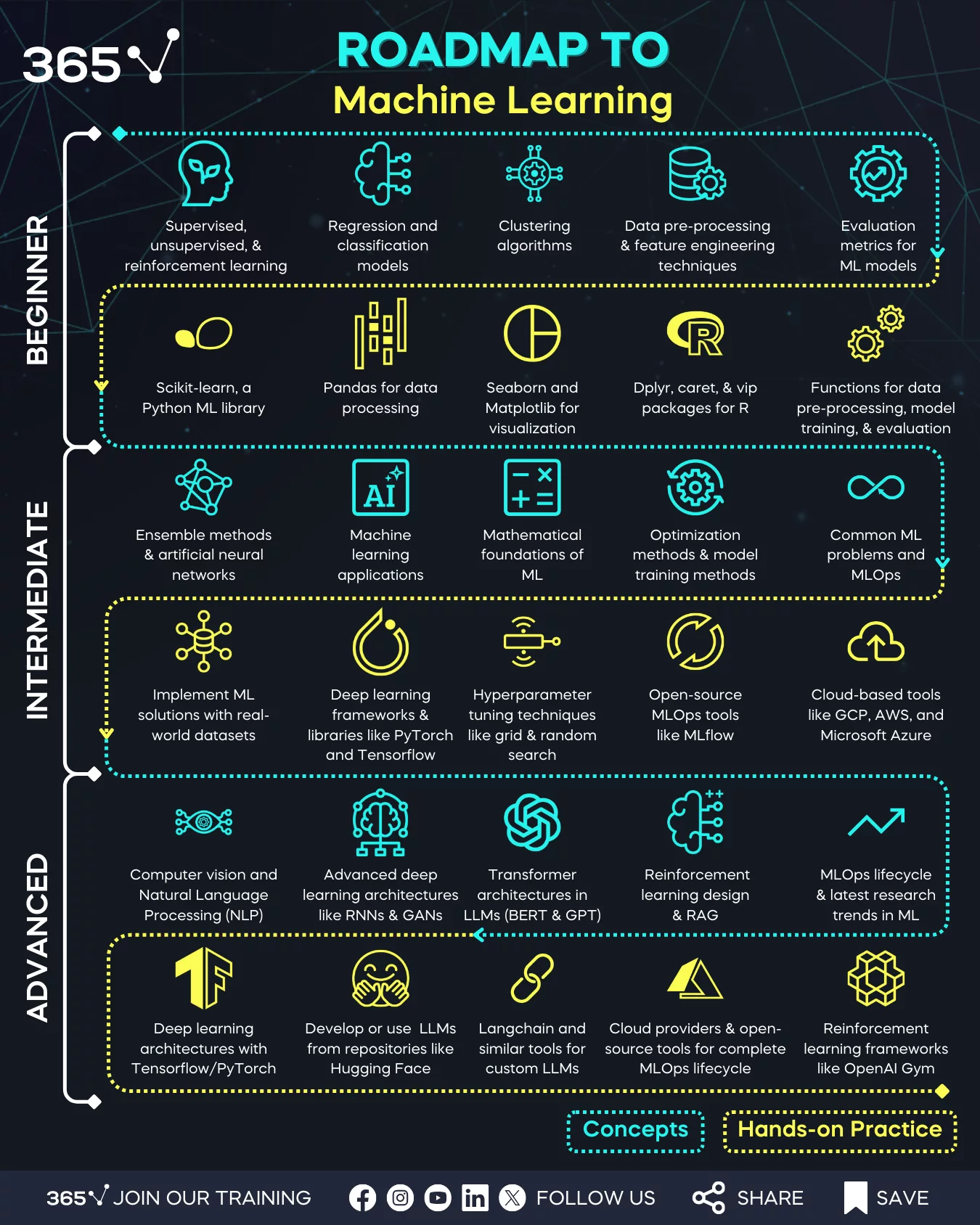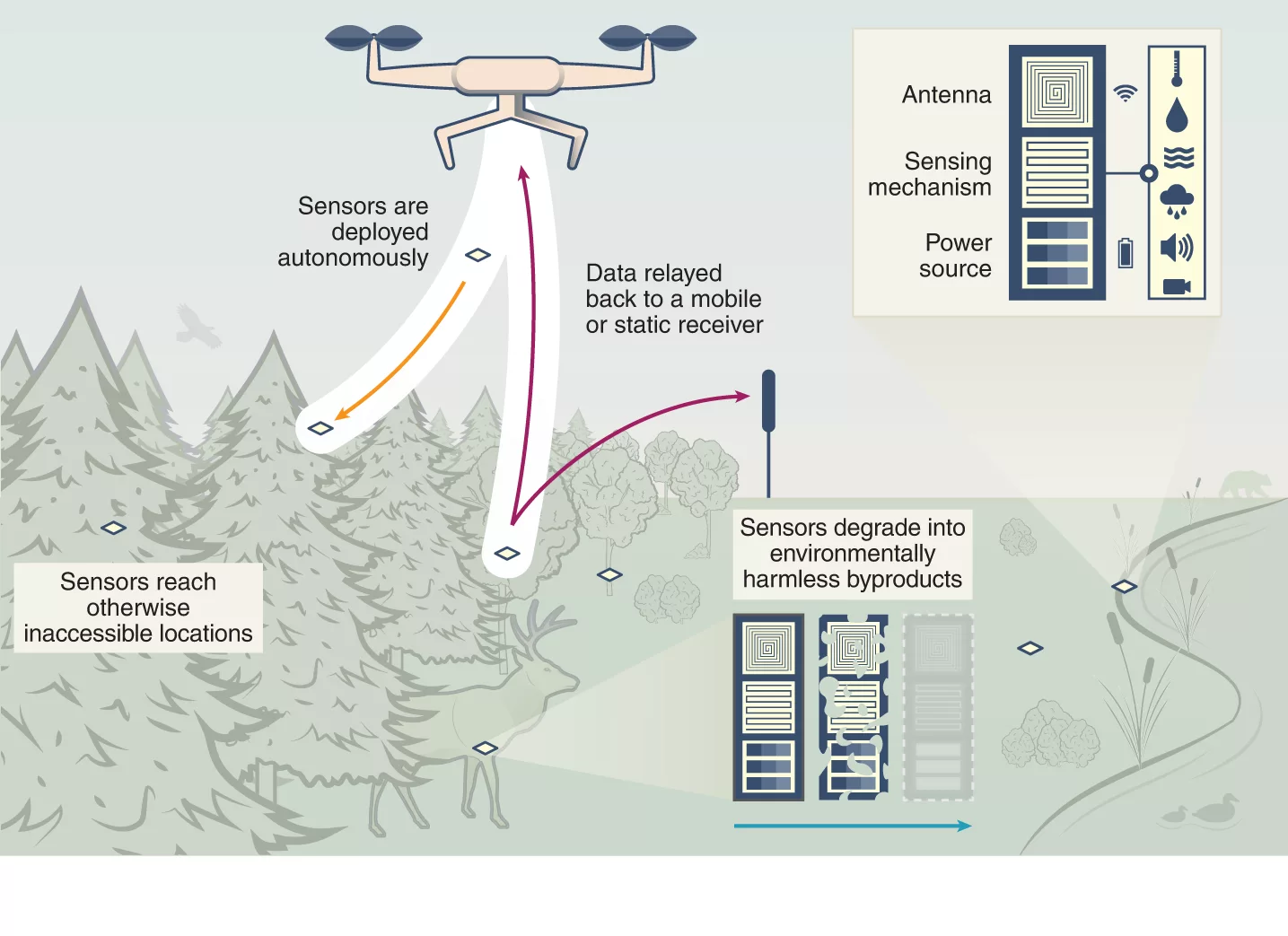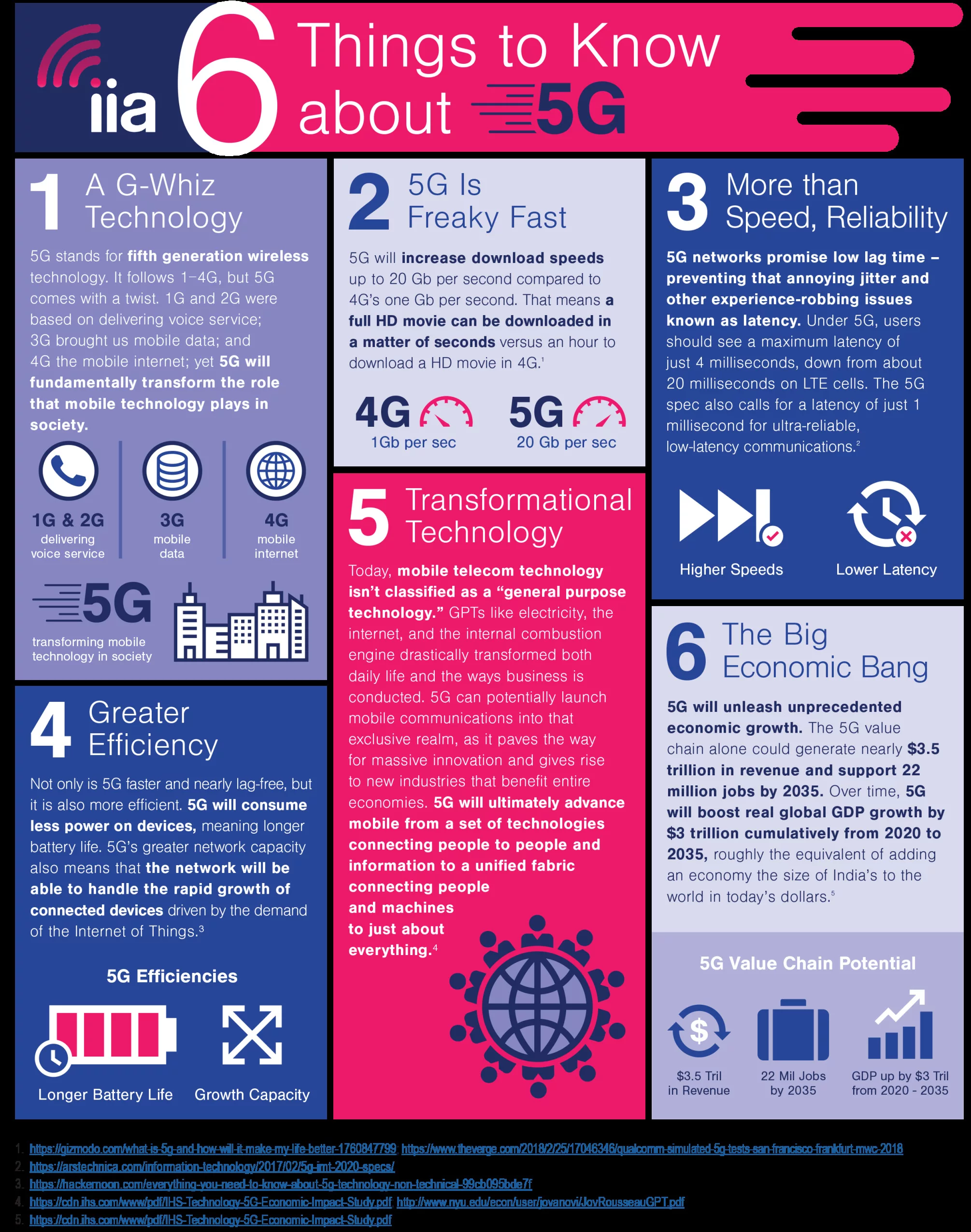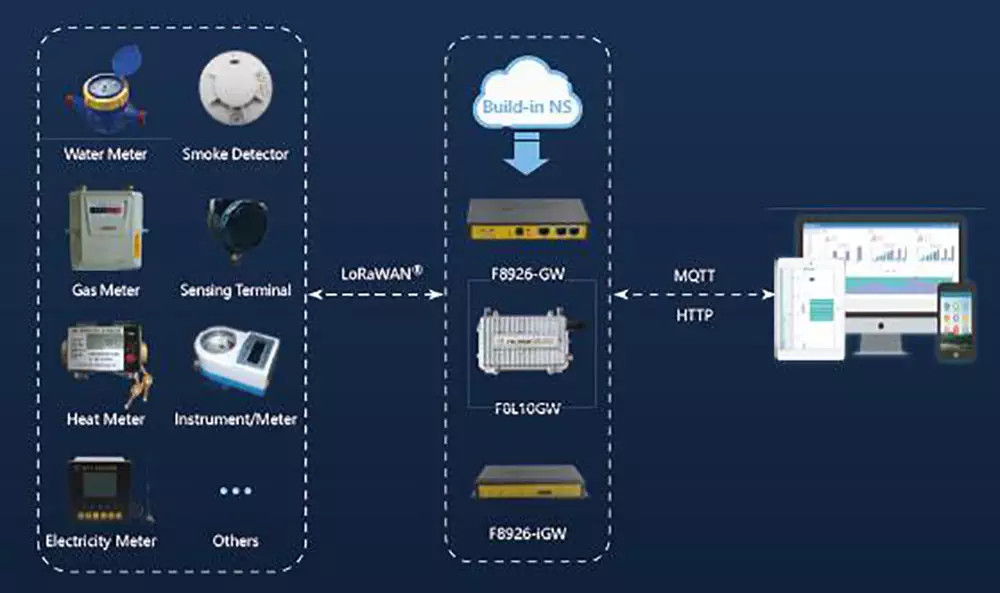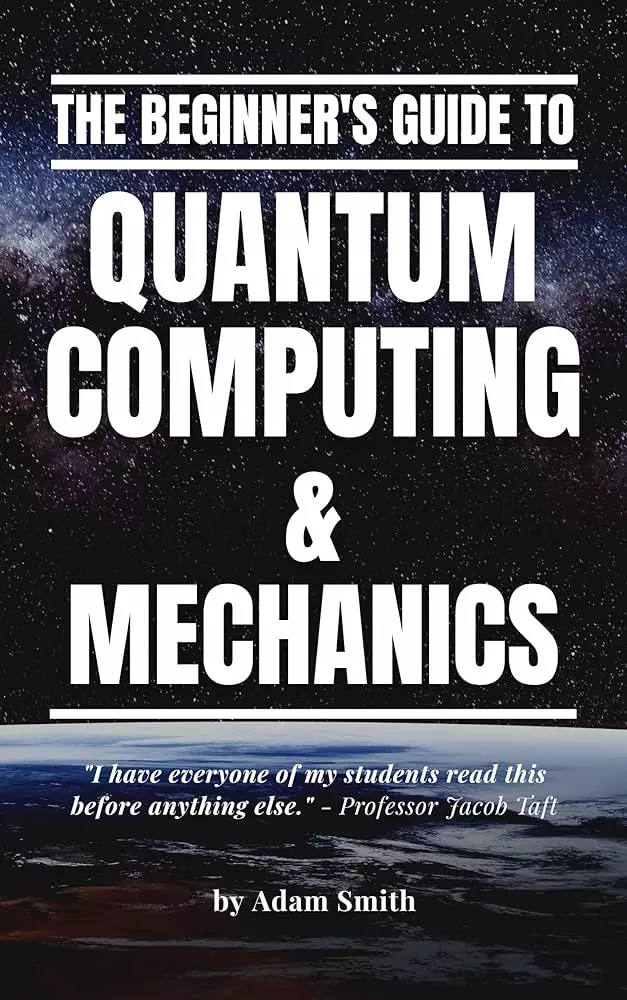
The Beginner’s Guide to Quantum Computing
Imagine standing at the edge of a vast ocean, about to dive into a world where the rules of reality seem to shift and bend. In such a world, Quantum Computing offers you a glimpse of possibilities far beyond our current digital landscape. You might wonder how this mysterious technology could impact your life or why it matters. Well, hold tight! Quantum Computing is opening new doors in solving complex problems at a speed unimaginable with classical computers.
You’re probably curious about how this all works and how it relates to your day-to-day concerns. Quantum mechanics forms the backbone of this technology, using qubits and superposition to tackle tasks like water damage analysis and climate impact assessments. These topics might sound advanced, but they’re shaping fields like disaster management, risk assessment, and even predictive analytics. Quantum particles can process data at lightning speed, turning intricate models into simple solutions.
Ready to dive deeper into this fascinating realm? Let’s explore how quantum systems harness qubits to transform technology integration and redefine what we thought was possible. You’re on the brink of understanding a new paradigm of computing that could change everything. Stick around to uncover the future potential for you and the world around you.

Photo provided by Google DeepMind on Pexels
Throughout the article
Understanding Quantum Computing Basics
What is Quantum Computing?
Quantum Computing is a revolutionary technology with qubits. Qubits are the basic units of information. Unlike bits in traditional computers, which are either 0 or 1, qubits can be both. This is thanks to a principle called superposition. Imagine having a coin that is both heads and tails at the same time. That’s what a qubit can do. This makes Quantum Computing much faster for certain tasks.
How Quantum Computers Work
Quantum computers leverage superposition and entanglement to process information. Superposition allows qubits to be in multiple states at once. Entanglement, another quantum property, links qubits in such a way that changing one affects the other. This means that quantum computers can solve complex problems much quicker than classical computers. In essence, they perform many calculations at once, offering a new paradigm in computing.
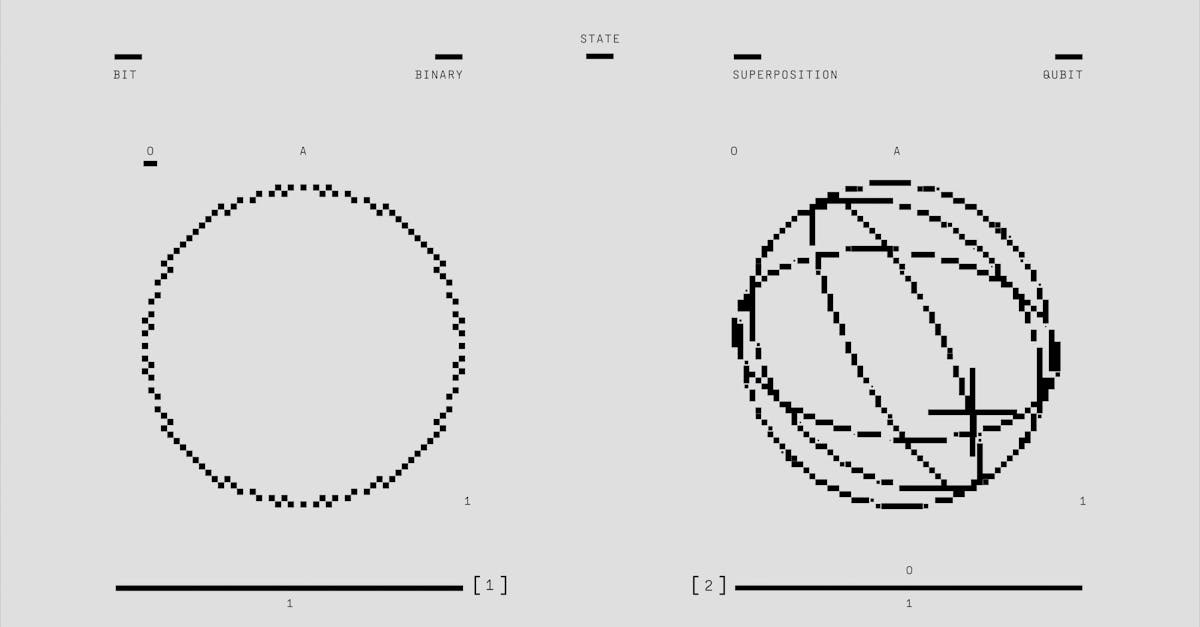
Photo provided by Google DeepMind on Pexels
The Role of Quantum Computing in Technology
Advanced Computing and Data Processing
Quantum Computing plays a big role in Advanced Computing and Data Processing. These computers handle complex calculations at incredible speeds. For instance, calculating complex simulations or solving mathematical problems can be done in seconds. This speed is a game-changer for many fields, including cryptography and optimization tasks.
Quantum Algorithms for Predictive Analytics
Quantum algorithms significantly enhance forecast accuracy. They process vast amounts of data quickly to make predictions. For example, in weather forecasting, these powerful algorithms can help create more accurate models. They analyze patterns and predict outcomes faster, improving many predictive analytics tasks. Therefore, you can expect more detailed and reliable forecasts.

Photo provided by Markus Winkler on Pexels
Applications of Quantum Computing
Impact on Disaster Management
In disaster management, Quantum Computing improves flood modeling effectiveness. By using complex algorithms, it helps predict and analyze flood scenarios. This technology allows you to assess different variables affecting floods. The result is more reliable flood models, which help manage disaster responses better.
Climate Impact and Risk Assessment
Quantum Computing aids in climate-related studies and risk assessment. With Quantum Computing, you can analyze various climate models effectively. By processing large datasets, it provides insights into climate risk modeling. This way, it supports decision-making processes in understanding climate impacts.

Photo provided by cottonbro studio on Pexels
Future of Quantum Computing
Technology Integration Challenges
Overcoming technology integration challenges is essential for Quantum Computing’s future. Implementing this technology isn’t easy. You face hurdles like developing stable quantum hardware and ensuring compatibility with existing technologies. Also, finding solutions for error correction is crucial. Overcoming these challenges will determine how well this technology can be integrated into everyday use.
Potential for Revolutionizing Industries
The potential for Quantum Computing to transform various sectors significantly can’t be underestimated. Industries like pharmaceuticals, finance, and logistics could see massive changes. By solving previously unsolvable problems, this technology offers unique solutions. As it develops, you will see its application grow, changing how industries operate and innovate.
Embrace the Future of Technology
Exploring the world of advanced computing opens doors to solving complex problems in ways you might never have imagined. With this new paradigm, you access the incredible power of technology integration to tackle challenges such as disaster management and climate impact assessment. Understanding these advanced concepts empowers you to play an active role in the exciting future of computing.
Now that you have a grasp on the basics, dive deeper into simulations and quantum algorithms. Begin by reading about predictive analytics and risk assessment to see real-world applications. Connecting these concepts to practical examples will solidify your understanding and prepare you for further exploration. Engage with online communities or courses to enhance your learning journey.
Don’t hesitate to take the next step. Start today by exploring resources and discussions that pique your interest. Keep learning and growing in this fascinating field, and before you know it, you’ll be an integral part of the technological revolution. Go on, make your mark on the future.
